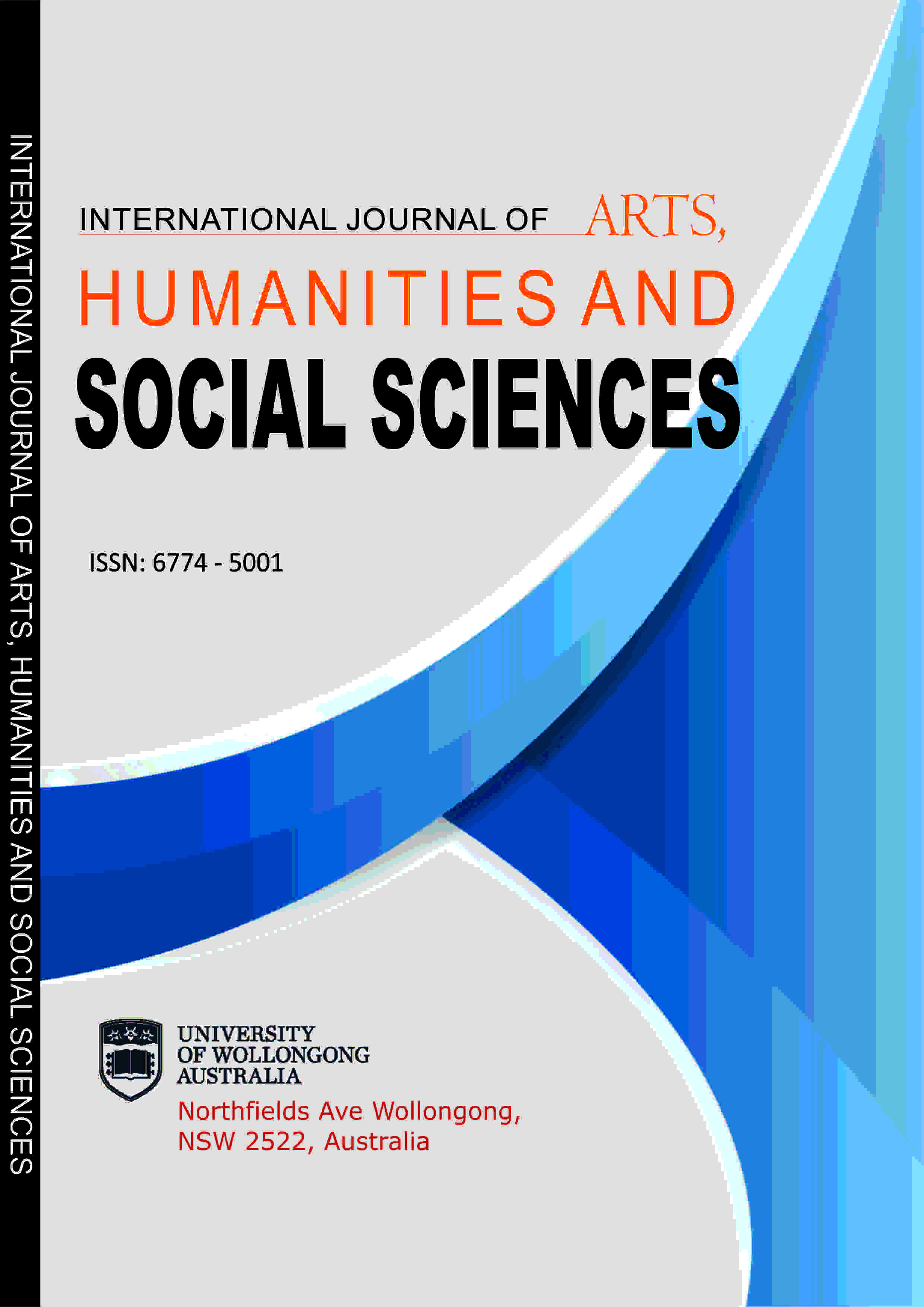INTERNATIONAL JOURNAL OF ARTS, HUMANITIES AND SOCIAL SCIENCES (IJAHSS)
UTILIZING R SOFTWARE FOR THE DEVELOPMENT AND VALIDATION OF ECONOMICS ACHIEVEMENT TEST: A CLASSICAL TEST THEORY APPROACH
E-ISSN: 2579-048X
P-ISSN: 6774-5001
DOI: https://iigdpublishers.com/article/430
This study investigated the utilization of R software for the development and validation of Economics achievement test: a classical test theory approach. The study adopted an instrumentation research design using Classical test theory to construct and validate an Economics Achievement Test for senior secondary schools in Rivers State, Nigeria. The initial test was administered to 400 Senior School One (SS1) students that were randomly selected from six (6) public schools during the third term of the 2020/2021 academic session in Etche Local Government Area, Rivers State. Three research questions guided the study. The EAT covered a total of fourteen (14) topics drawn from the SS1 Economics curriculum in Nigeria from which 150 items were generated. The content validity of the EAT was established using a test blueprint. The data collected were coded using SPSS and transferred to R-software for item analysis (item difficulty and item discrimination) under the CTT framework. The reliability of the initial test was estimated using Cronbach alpha and Kuder-Richardson-20 reliability methods in R-Studio software which produced a reliability coefficient of 0.963. The result indicated that 63 items (42.3%) were considered good items to form the final test, while 86 items (57.7%) were marked for rejection. From the selected items, the difficulty indices ranged from .30 to .70 while discrimination indices ranged from .22 to .55. The reliability of the final test produced a coefficient of 0.92 for both Cronbach alpha and Kuder-Richardson-20 reliability methods while split-half reliability produced a coefficient of 0.94 indicating that the selected 63 items were reliable. Also, a SEm of 3.29 and 2.911 was established based on the respective reliability coefficients. The EAT is therefore both valid and reliable hence, it is recommended for use to test achievement in Economics among secondary school students in Rivers State.
Hager Atisi Eremina Amakiri, Ibiene Tandi Longjohn & Allwell Sunny Njigwum
Asuru, V. A. (2015). Measurement and evaluation
in education and psychology (2nd ed.). Pearl Publishers International Ltd.
Asuru, V. A. & Njigwum, A. S. & Nna-kue, L. N.
(2023). Development and validation of Basic Science Achievement test using classical test approach: equipping teachers for global competitiveness. A paper presented at the 2022 Committee of Deans of Education in Nigerian
Universities (CODENU) National Conference held at the Faculty of Education, Ignatius Ajuru University of Education, Port Harcourt, from 11th –
14th January, 2023.
Kaplan R. M. & Saccuzzo, D. P. (2009). Psychological testing principles, applications and issues (7th ed.). Thomson Wadsworth.
Bichi A. A (2016). Classical Test Theory: An Introduction to Linear Modeling Approach to Test and Item Analysis. International Journal of Social Sciences 2(9), 27-33. https://doi.org/10.26643/ijss.v2i9.6690
Esomonu, N. P. M. & Eleje, L. I. (2017). Diagnostic
Quantitative Economics Skill Test for Secondary Schools: Development and Validation Using Item Response Theory. Journal of Education and Practice, 8(22), 110-125.
